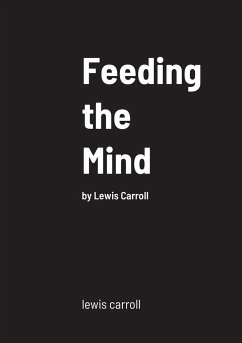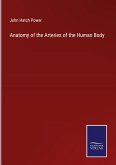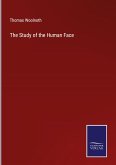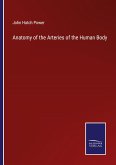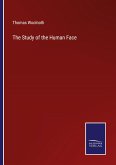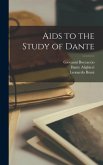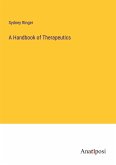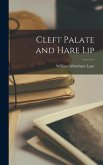BREAKFAST, dinner, tea; in extreme cases, breakfast, luncheon, dinner, tea, supper, and a glass of something hot at bedtime. What care we take about feeding the lucky body! Which of us does as much for his mind? And what causes the difference? Is the body so much the more important of the two? By no means: but life depends on the body being fed, whereas we can continue to exist as animals (scarcely as men) though the mind be utterly starved and neglected. Therefore Nature provides that, in case of serious neglect of the body, such terrible consequences of discomfort and pain shall ensue, as will soon bring us back to a sense of our duty: and some of the functions necessary to life she does for us altogether, leaving us no choice in the matter. It would fare but ill with many of us if we were left to superintend our own digestion and circulation. 'Bless me!' one would cry, 'I forgot to wind up my heart this morning! To think that it has been standing still for the last three hours!' 'I can't walk with you this afternoon,' a friend would say, 'as I have no less than eleven dinners to digest. I had to let them stand over from last week, being so busy, and my doctor says he will not answer for the consequences if I wait any longer!' Well, it is, I say, for us that the consequences of neglecting the body can be clearly seen and felt; and it might be well for some if the mind were equally visible and tangible-if we could take it, say, to the doctor, and have its pulse felt. 'Why, what have you been doing with this mind lately? How have you fed it? It looks pale, and the pulse is very slow.' 'Well, doctor, it has not had much regular food lately. I gave it a lot of sugar-plums yesterday.' 'Sugar-plums! What kind?' 'Well, they were a parcel of conundrums, sir.' 'Ah, I thought so. Now just mind this: if you go on playing tricks like that, you'll spoil all its teeth, and get laid up with mental indigestion. You must have nothing but the plainest reading for the next few days. Take care now! No novels on any account!'

